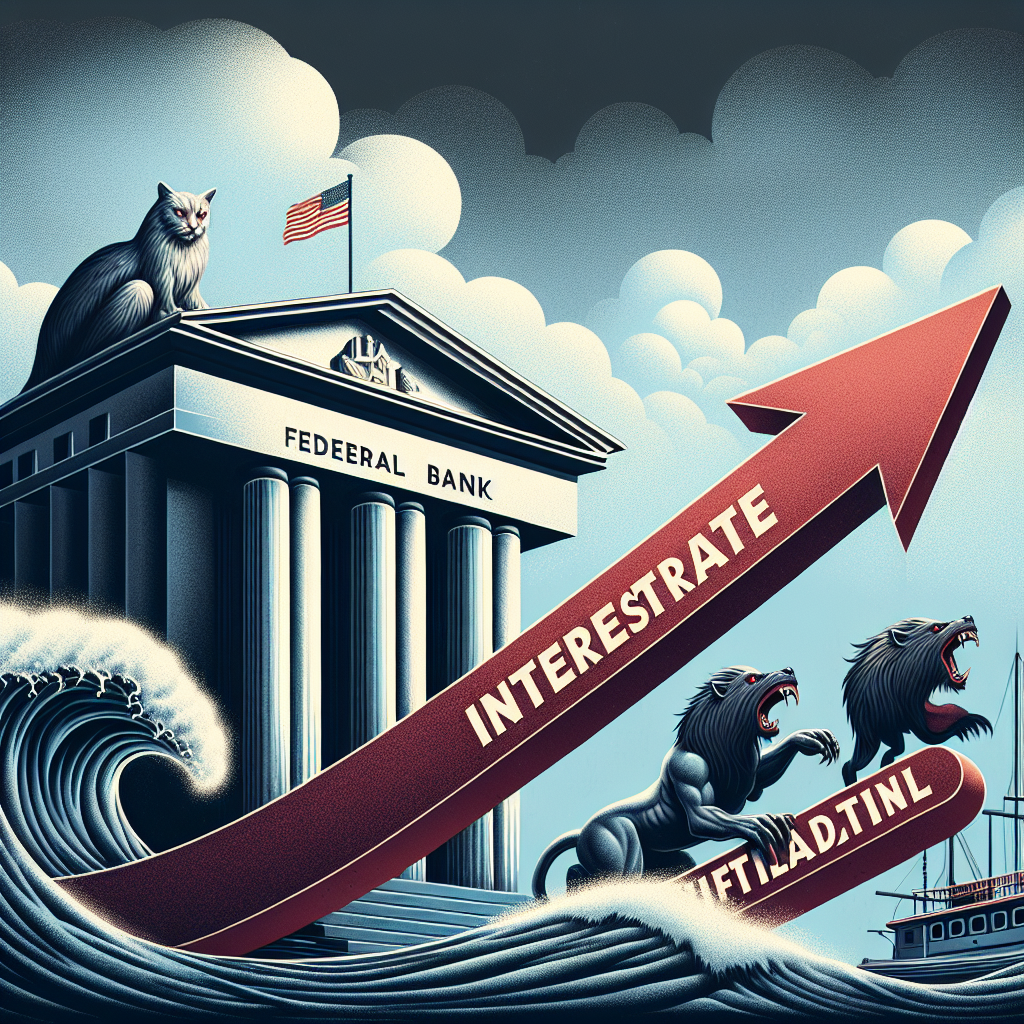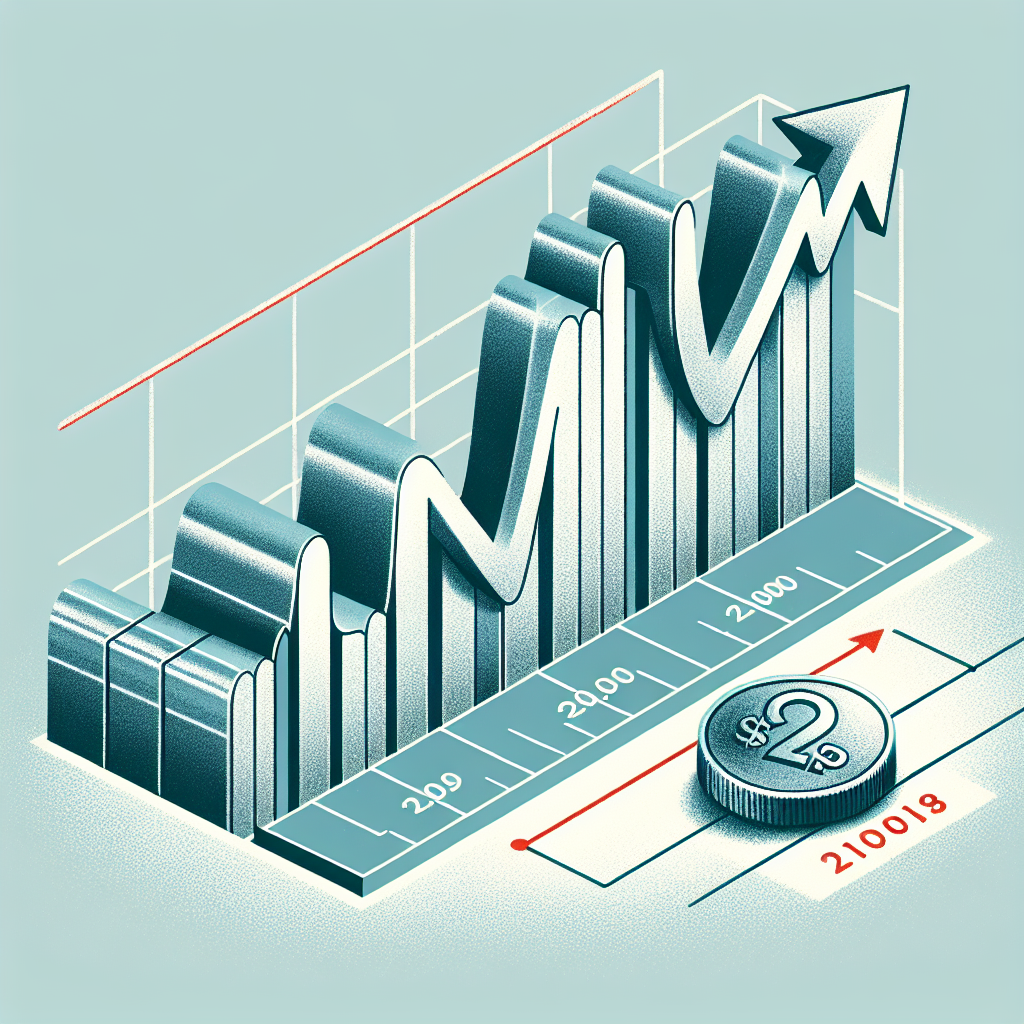The Federal Reserve’s Decision to Hike Interest Rates and Its Impact on the Market
The Federal Reserve’s decision to hike interest rates has been a topic of much discussion and speculation in recent months. With inflation on the rise, the central bank has been under pressure to take action to curb the potential economic risks. In a recent statement, the Federal Reserve hinted at the possibility of an interest rate hike, causing the market to react in a volatile manner.
The Federal Reserve’s primary goal is to maintain price stability and promote maximum employment. Inflation, which refers to the general increase in prices of goods and services over time, can erode the purchasing power of consumers and businesses. To prevent this from happening, the central bank can raise interest rates, making borrowing more expensive and slowing down economic activity.
The market closely watches the Federal Reserve’s decisions on interest rates, as they can have a significant impact on various sectors. When the central bank hints at a rate hike, it sends a signal to investors and businesses that borrowing costs may increase in the future. This can lead to a decrease in consumer spending and business investment, as individuals and companies become more cautious about taking on debt.
The market’s reaction to the Federal Reserve’s hint at an interest rate hike has been volatile. Stock prices have experienced sharp fluctuations, with some sectors being hit harder than others. This is because higher interest rates can make stocks less attractive compared to other investment options, such as bonds or savings accounts. As a result, investors may sell off their stocks, leading to a decline in prices.
The bond market is also affected by the Federal Reserve’s decision to hike interest rates. When rates go up, the yield on existing bonds becomes less attractive, as new bonds with higher yields become available. This can lead to a decrease in demand for existing bonds, causing their prices to fall. Conversely, new bonds issued with higher yields can become more attractive to investors, leading to an increase in demand and higher prices.
The impact of an interest rate hike on the housing market is another area of concern. Higher interest rates can make mortgages more expensive, reducing the affordability of homes for potential buyers. This can lead to a slowdown in the housing market, as fewer people are able to purchase homes. Additionally, existing homeowners may be less likely to refinance their mortgages, further dampening activity in the housing sector.
The Federal Reserve’s decision to hike interest rates is not without its critics. Some argue that raising rates too quickly or aggressively could stifle economic growth and job creation. They believe that the central bank should take a more cautious approach, considering the potential negative consequences of higher borrowing costs.
In conclusion, the Federal Reserve’s hint at an interest rate hike has had a significant impact on the market. Stock prices have been volatile, the bond market has experienced fluctuations, and the housing market may face challenges. While the central bank’s decision is aimed at curbing inflation and maintaining economic stability, it is important to carefully consider the potential consequences and ensure that any rate hikes are implemented in a measured and balanced manner.



